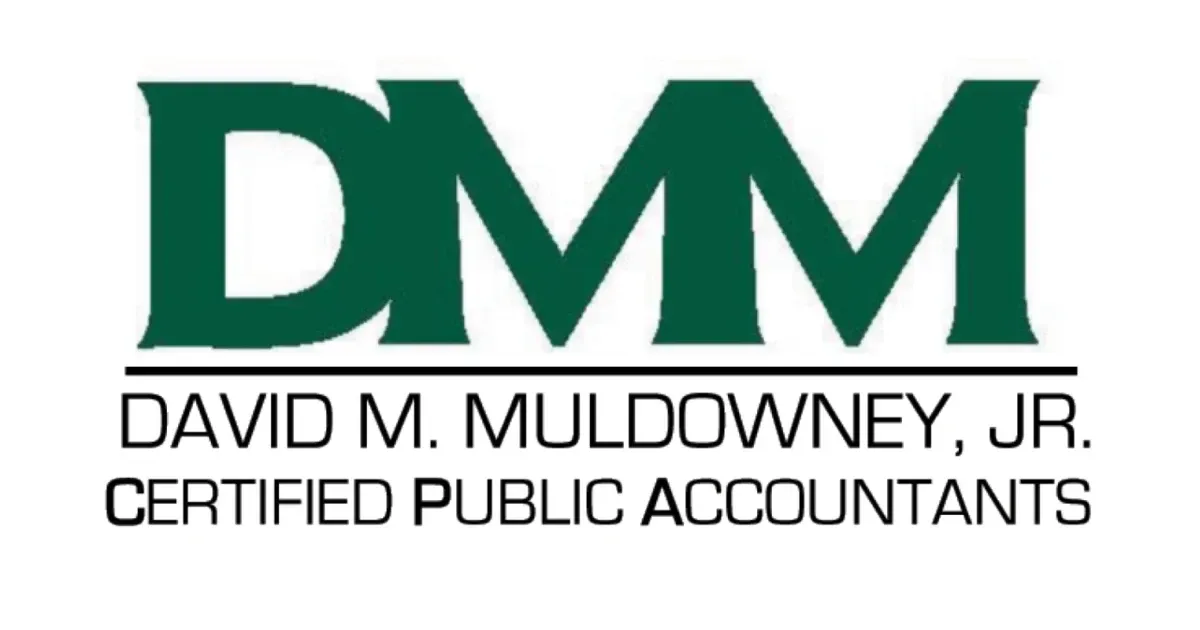Jun 16 2025 21:45
Common Payroll Questions Answered for Business Owners
What Payroll Records Do I Need to Keep and For How Long?
The Internal Revenue Service advises that you keep all payroll-related documents, such as timecards, pay stubs, W-2s, tax filings, and benefit deductions, for a minimum of four years. This not only satisfies IRS requirements but also helps address employee questions that may arise.
How Do I Handle Overtime Pay Correctly?
For non-exempt employees, typically those paid hourly, "time and a half" must be paid for any hours worked over 40 in a week. Exempt employees, such as salaried managers, may not qualify for overtime, but their classification must meet specific criteria. Misunderstandings here can lead to wage claims and penalties.
Do I Classify Workers as Employees or Independent Contractors?
Classifying staff properly is a common challenge. Employees work directly for you, with controlled schedules and provided tools or training, paid via salary or hourly wage with taxes withheld. Independent contractors, however, operate more independently, often providing their own tools and managing multiple clients with no taxes withheld from their payments.
What Happens If I Misclassify a Worker?
Incorrect classifications can lead to penalties, back taxes, and interest. You may also face issues with unpaid payroll taxes, workers’ comp, or labor laws. Ensuring correct classification from the start can save you from these risks.
What Payroll Taxes Am I Responsible For?
As an employer, you must manage the following withholdings and payments:
- Federal income tax
- Social Security and Medicare taxes
- Additional Medicare tax (on income over a specific threshold)
- Federal and state unemployment taxes
- State and local taxes, if applicable
Can I Offer Benefits Through Payroll?
Yes! Payroll can handle deductions for health insurance, retirement plans, and other benefits. It's essential to manage pre-tax vs. post-tax deductions correctly, as this impacts how benefits are taxed and reported to the IRS.
Understanding Worker Classification: Employees vs. Contractors
Incorrectly classifying a worker can be costly. Always follow IRS guidelines to avoid penalties. Employees typically handle roles under direct supervision and use company-provided resources. Independent contractors usually manage their schedules, use their tools, and are paid per job without tax deductions from their wages.
While payroll management can be daunting, gaining a firm understanding of these foundational elements can prevent costly errors. Business owners should review worker classifications, tax processes, and documentation policies regularly. Consider seeking help if you’re uncertain about any aspect of payroll.



